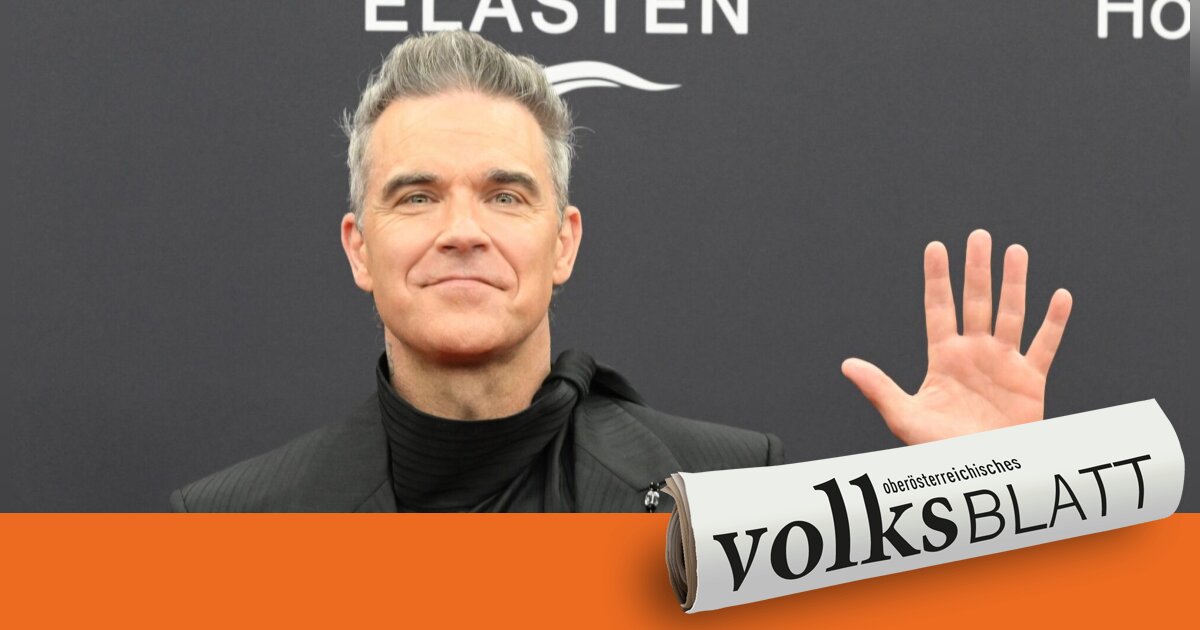Iberdrola Australia, Tesla and Neoen have joined forces in the country to avoid that the Australian Energy Market Commission (AEMC) penalize the deployment of storage systems, such as batteries or hydraulic pumping facilities.
The proposal collected by the three actors requests to exempt these assets from payment of the Merchant Reliability Obligation (RRO), a rule for ensure sufficient supply of electricity available in the system during periods of high demand.
Storage with an annual consumption of more than 10 GWh is subject to these restrictions. This hinders the deployment of battery systemssince when they are used to stabilize the network – for example, absorbing energy to maintain the frequency -, they are operating as a load, which can entail penalties.
In this sense, the regulator considers that the proposal Iberdrola, Tesla and Neoen to exempt these systems from their obligations to the RRO would be a cost-effective and practical solution to improve security in the Australian market.
For this reason, the AEMC opened a consultation period in which, of the 19 proposals receivedthe majority of interested parties were in favor of the proposal of the three firms.
With these wicks, the Australian regulator has decided to implement the exemption starting next November 15 through the establishment of so-called exempt market connection points, which will list a series of assets that will not have to face the mechanism.
The Spanish firm, Tesla and Neoen have parallel stories in the oceanic country. Iberdrola is one of the largest developers in the region, with 1,452 MW installedto which we must add those that are in development. Among them, it operates a giant storage system with Tesla batteries in New South Wales. On the other hand, in recent weeks Iberdrola has been mentioned as one of the possible buyers of a portfolio of more than 600 MW of Neoen in Australia, which has been forced to put them up for sale due to its acquisition by the fund. Brookfield.

